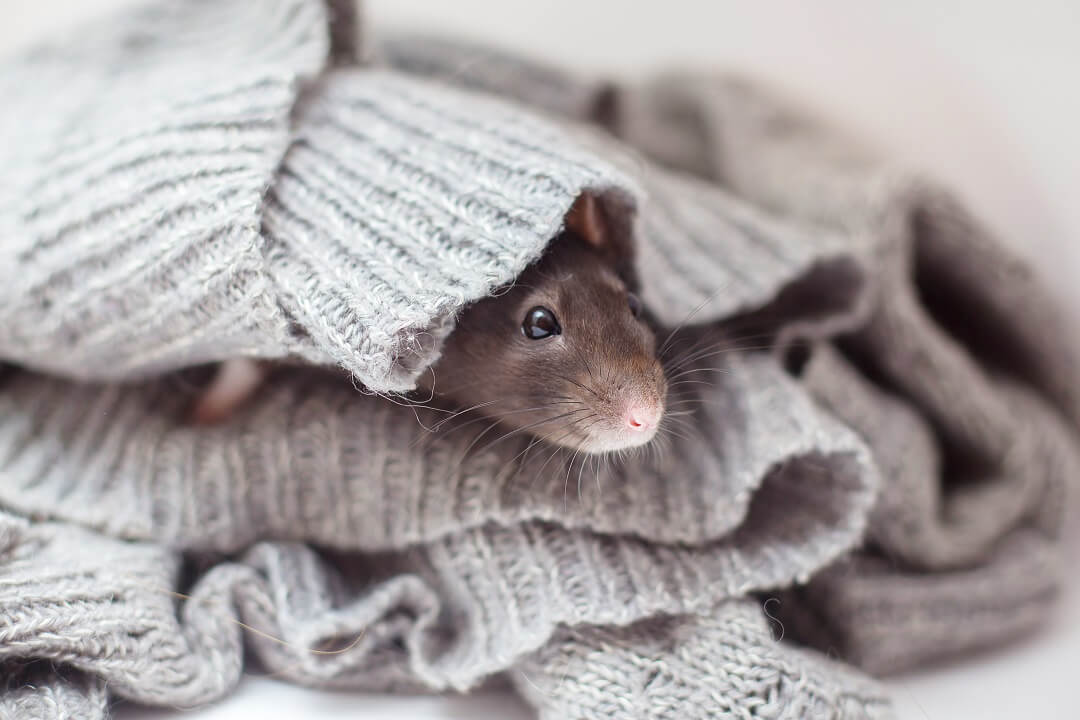When it comes to dealing with **rodent infestations**, many people consider **rat poison** as the go-to solution. However, the reality is far more complicated. In this article, we will thoroughly explore why homeowners should avoid using rat poison, and what alternative methods can effectively manage pest issues without compromising safety.
The **use of rat poison** may seem like an easy fix, but in reality, it can pose significant risks both to humans and pets. If you're a homeowner looking to rid your space of these nuisances, its crucial to understand these risks before opting for traditional methods.

Understanding the Risks of Rat Poison
Before you reach for that box of rat poison, it's important to realize that it is designed to kill. The ingredients in these poisons can have serious side effects, not just on the target rodents but also on other animals and even humans. Every year, thousands of pets suffer from accidental poisoning due to consumed rat bait, leading to serious health issues or even death.
Moreover, the risk doesn't stop there. When rats ingest poison and then *die*, their bodies often become a hazard as well. Not only do they pose health risks if found in your home, but if they die in hard-to-reach areas, they can lead to unpleasant odors and further hygiene problems.

Health Concerns for Your Family
Household safety is paramount. Studies, including information from NCBI, have shown a direct correlation between rodent poison use and health risks for families, especially children.
Children are naturally curious, and rat poison can pose a serious hazard if they gain access to it. Moreover, if you have pets, the risk multiplies. They might mistake poisoned bait for food, leading to severe consequences.
:max_bytes(150000):strip_icc()/brown-rat-scavenging-discarded-bird-food-1359476459-eba01c9ee0e14abdbd49a8ce6526b3d4.jpg)
Environmental Impact
Another significant concern regarding rat poison is its *environmental impact*. These toxic substances dont just disappear. Once ingested, they can affect not just the immediate area but also wildlife.
Poisoned rats dont always stay within your property. They may wander out and become prey for larger animals. This could inadvertently place the poison in the food chain and disrupt local ecosystems.
Alternatives to Rat Poison
Fortunately, there are **safer alternatives** to managing rodent problems. Here are some methods homeowners can consider:
- Traps: Snap traps and live traps are far more humane options. When using traps, it's important to set them strategically around areas where you've seen rodent activity. You can read more in our guide on rat traps.
- Natural Repellents: Certain natural ingredients, such as peppermint oil, can deter rats without the need for harsh chemicals. Spraying this solution around entry points may keep them at bay.
- Seal Entry Points: One of the best ways to manage a rodent issue is to prevent access altogether. Sealing cracks and holes around your home can help minimize entry points.
Why Professional Help is Often Best
While do-it-yourself methods can be effective, there are times when hiring a professional pest control service is the best option. Experts can assess the situation and develop a tailored plan to rid your home of rodents safely.
Professionals have access to specialized tools and methods that can effectively manage infestations without the risks associated with **rat poison**. They can also offer long-term solutions, ensuring that you wont face repeated issues.
Signs of Rat Infestation
Being proactive is key. Look for signs of an infestation, which might include:
- Droppings: Rat droppings are a clear indication of their activity.
- Nests: Rats often build nests in quiet, undisturbed areas.
- Chewed materials: Look for damage on furniture, wires, or food packaging.

Thinking Long-Term: Prevention over Reaction
One of the most effective strategies for homeowners is to focus on prevention instead of reaction. This means not only dealing with an existing issue but implementing strategies that deter future problems.
Regular maintenance of your property is key. Ensure garbage bins are sealed, and food is stored in animal-proof containers. Small actions can lead to big results.
Conclusion
In conclusion, while the thought of using rat poison can seem appealing for quick fixes, the risks far outweigh the benefits. Health, environmental safety, and effective pest management should encourage homeowners to seek safer alternatives.
For more information on alternatives and pest control methods, check out our detailed resource on safe rat killers. Understanding your options can not only protect your home but also ensure a healthier environment for your family.
FAQs
1. Is rat poison safe to use around children?
No, rat poison poses serious risks to children and pets. It is strongly advised to avoid using it in homes with young kids or pets.
2. What are some signs of a rat infestation?
Common signs include droppings, nests, and chewed materials. If you notice any of these, its critical to take action.
3. What should I do if my pet ingests rat poison?
If you suspect your pet has ingested rat poison, contact your veterinarian immediately. It is crucial to act fast to prevent severe health issues.
As an Amazon Associate, I earn from qualifying purchases.
